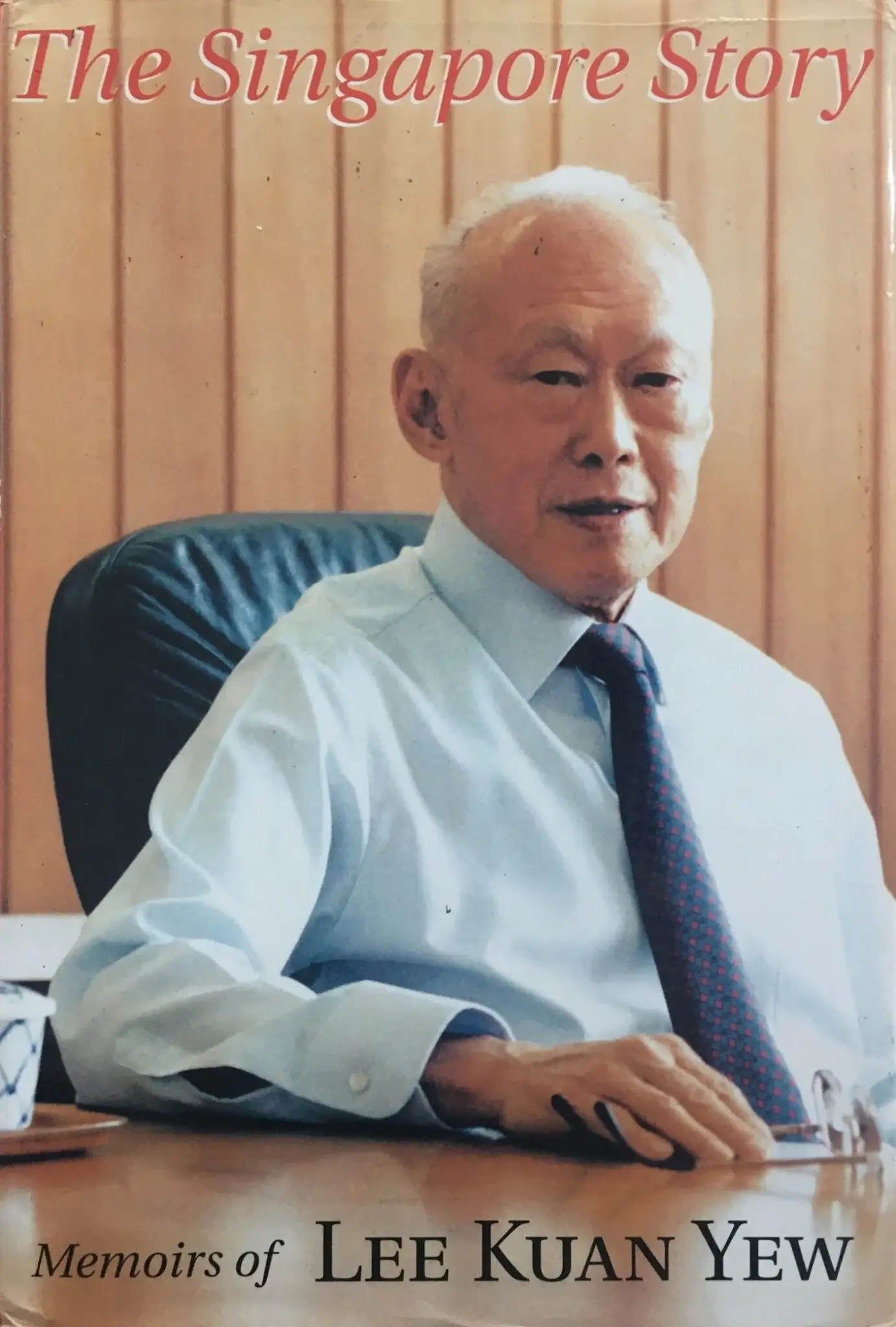Visionary Leadership: Establishing a Strong, Corruption-Free Government

eyesonsuriname
One of Lee Kuan Yew’s most pivotal decisions was to establish a strong, corruption-free government. Recognizing that corruption could undermine the nation’s progress, he implemented strict anti-corruption laws and created institutions like the Corrupt Practices Investigation Bureau (CPIB) to enforce them1. This commitment to integrity and transparency attracted foreign investment and built trust among citizens, laying a solid foundation for Singapore’s rapid development.
Economic Transformation: Embracing Global Trade and Investment
Lee Kuan Yew understood the importance of integrating Singapore into the global economy. He championed free trade and created a business-friendly environment that attracted multinational corporations. By establishing the Economic Development Board (EDB), he facilitated foreign investment and industrialization2. This strategic move transformed Singapore from a small trading port into a global financial hub, driving economic growth and creating job opportunities for its citizens.
Social Harmony: Promoting Multiracialism and Meritocracy
In a diverse society, Lee Kuan Yew prioritized social harmony by promoting multiracialism and meritocracy. He made English the lingua franca to unite the various ethnic groups and facilitate international trade3. Additionally, he implemented policies that ensured equal opportunities for all citizens, regardless of race or religion. This focus on meritocracy helped to harness the talents of the entire population, fostering a cohesive and productive society.
Lee Kuan Yew’s decision to make English the common language in Singapore was a strategic move that significantly contributed to the country’s success. Here are a few key ways this decision helped:
Facilitating Economic Growth
By adopting English as the lingua franca, Singapore positioned itself as an attractive destination for multinational corporations and foreign investors. English, being the global language of business, allowed Singapore to seamlessly integrate into the global economy. This facilitated trade, attracted foreign direct investment, and created numerous job opportunities, driving economic growth.
Promoting Social Harmony
Singapore is a multicultural society with diverse ethnic groups. By choosing English, a neutral language, Lee Kuan Yew avoided favoring any particular ethnic group, which helped to promote social harmony. This decision ensured that all citizens, regardless of their ethnic background, had equal access to education and employment opportunities, fostering a sense of unity and national identity.
Enhancing Education and Skills
English as the medium of instruction in schools opened up access to a wealth of global knowledge and educational resources. This enabled Singaporeans to acquire world-class education and skills, making them competitive in the global job market. The emphasis on English also facilitated higher education opportunities abroad, further enhancing the skill set of the workforce.
Boosting International Relations
Proficiency in English allowed Singapore to engage effectively in international diplomacy and trade. It enabled the country to build strong relationships with Western nations and other English-speaking countries, which were crucial for its economic and strategic interests. This global connectivity helped Singapore to punch above its weight on the international stage.
In summary, Lee Kuan Yew’s decision to make English the common language was instrumental in Singapore’s transformation into a global economic powerhouse. It facilitated economic growth, promoted social harmony, enhanced education, and boosted international relations, laying the foundation for the nation’s remarkable success.
Outlook: Lessons for Suriname
Suriname, with its rich cultural diversity and untapped potential, can draw valuable lessons from Lee Kuan Yew’s leadership. By establishing a transparent and corruption-free government, Suriname can build trust and attract foreign investment. Embracing global trade and creating a business-friendly environment can drive economic growth and create job opportunities. Finally, promoting social harmony through policies that ensure equal opportunities for all citizens can harness the talents of its diverse population, fostering unity and progress.
In conclusion, Lee Kuan Yew’s visionary leadership, economic foresight, and commitment to social harmony transformed Singapore into a global success story. By learning from his example, Suriname can embark on a similar path of development, leveraging its unique strengths to build a prosperous and harmonious nation.









